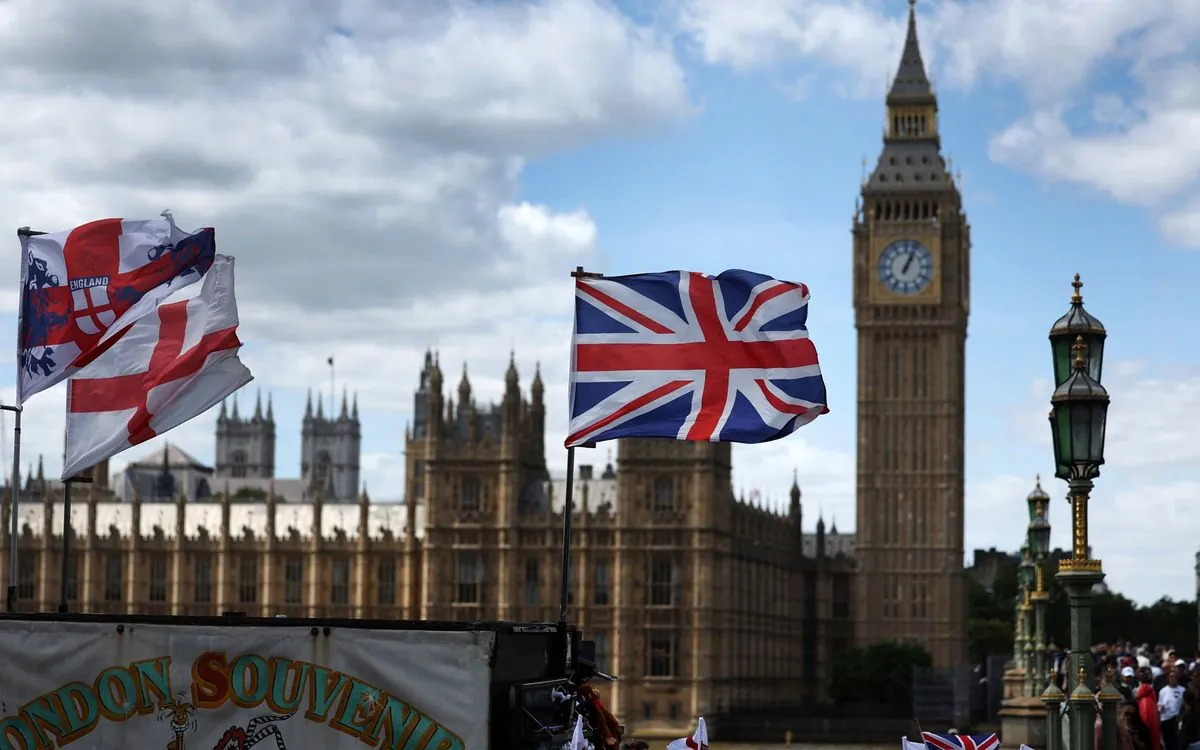In a significant move to address transparency concerns, the Labour Party has announced plans to revise the rules governing ministerial declarations. This decision, revealed on the opening day of the Conservative Party conference, aims to equalize expectations for those in government and opposition.
Pat McFadden, the Chancellor of the Duchy of Lancaster, stated that Labour intends to rewrite the ministerial code to ensure ministers are held to the same standards as their counterparts. McFadden argued that the current rules include a "Tory loophole" that allows ministers to attend events without declaring hospitality in the same manner as opposition members.
This announcement comes as Labour faces mounting pressure over the recent "freebies" controversy. The party's decision to change the rules follows the resignation of senior backbencher Rosie Duffield from Labour just a day earlier.
However, it's important to note that the proposed reforms would not have affected the recent donations to Labour MPs that have been under scrutiny. The changes would primarily impact government ministers rather than MPs in general.
The current system requires ministers to publish hospitality received "in a ministerial capacity" on a quarterly basis, without including the value of the benefit. In contrast, MPs must declare anything accepted "as an MP" within 28 days, including the cost, in the Register of Members' Financial Interests.
Labour claims this creates an uneven playing field, citing examples such as Dame Priti Patel's attendance at a James Bond premiere in 2021 when she was Home Secretary. The event was declared by the department rather than on the MPs' register of interests, sparking criticism from then-Labour chair of the standards committee, Sir Chris Bryant.
"What Pat McFadden just said is completely untrue and he clearly doesn't understand the ministerial code at all. The onus on ministers is much more stringent and has been, and I as a minister reported monthly on my hospitality reporting."
The debate over these rules highlights the complex nature of political transparency in the UK. The Ministerial Code, first published in 1992, has undergone several revisions to address various scandals and concerns over the years.
Transparency International UK, part of a global anti-corruption movement, welcomed Labour's proposal. Rose Whiffen, senior research officer at the organization, stated, "We welcome this move to end the two-tier system that has meant ministers, those closest to power, are able to provide less information on their hospitality and provide it less frequently than their backbench colleagues."
As the UK approaches its next general election cycle, typically held every five years, the debate over political transparency and accountability is likely to intensify. The proposed changes to the ministerial code represent just one aspect of the ongoing efforts to maintain public trust in the political system.
While Labour's announcement addresses some concerns, it remains to be seen how these changes will be implemented and whether they will effectively close the perceived loophole. As the political landscape continues to evolve, the balance between ministerial duties and transparency requirements will undoubtedly remain a topic of scrutiny and debate.
